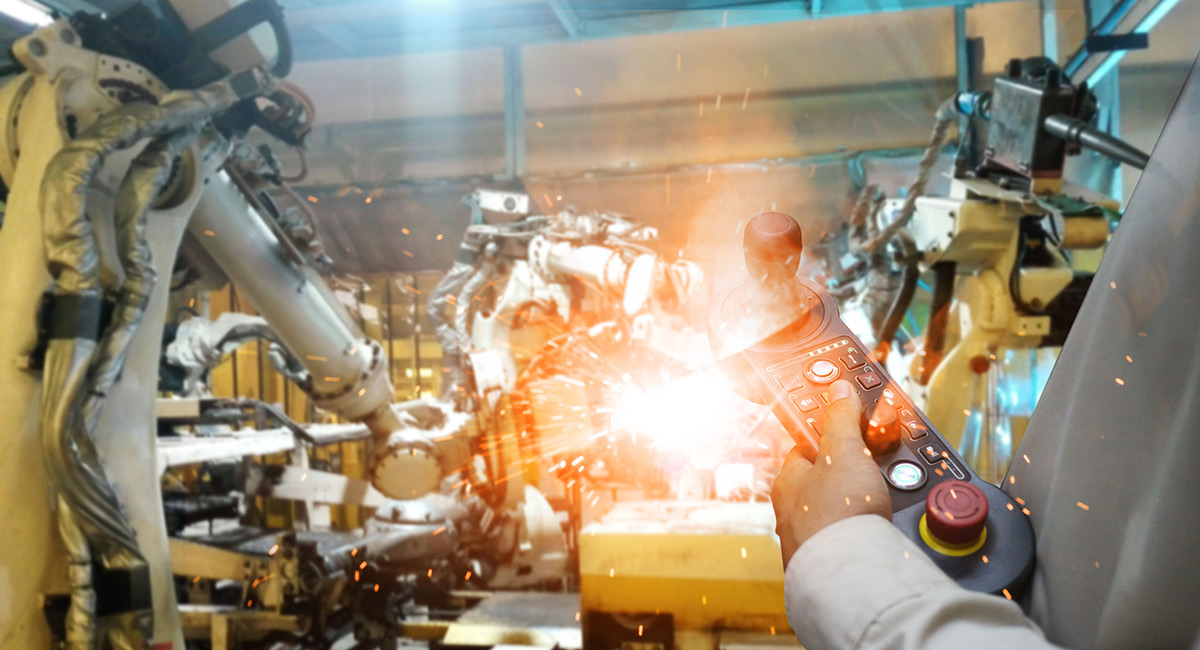President Trump should not have used the Defense Production Act to force General Motors to manufacture ventilators. Rather than government central planning, we need market forces to harness entrepreneurial creativity in order to innovate solutions during the coronavirus pandemic.
The Defense Production Act is a Korean War-era measure that gives the president power to require businesses to produce goods he deems necessary for national defense. On Friday President Trump used it to “require General Motors to accept, perform, and prioritize Federal contracts for ventilators.”
In his 2019 State of the Union address he stated that “America will never be a socialist country.” He went on to say, “America was founded on liberty and independence—not government coercion, domination, and control. We are born free, and we will stay free.”
Yet his use of the Defense Production Act is the very definition of government coercion, domination, and control to direct production. Using government coercion for that purpose isn’t quite socialism—which requires government ownership of companies. But it’s almost as bad and has an equally sinister name: fascism.
Fascism is an economic system in which companies and factors of production remain privately owned, but the government controls them through its commands about what is produced and how. Fascism replaces entrepreneurial decision-making with a central planner, who dictates production in whatever he deems to be in the national interest.
President Trump announced that his economic advisor Peter Navarro would serve as the primary central planner: “My order establishes that Peter will serve as national Defense Production Act policy coordinator for the federal government. That’s a very important position. More important probably than it’s almost ever been in our country.”
Therein lies the problem common to both socialist and fascist economic systems. No position should be so important because no one person could possibly know enough to plan an economy.
For President Trump and Peter Navarro to know that GM is the firm best suited to produce ventilators, they would need to know all of the thousands (millions?) of alternative ways to produce ventilators at other companies and the cost and speed of production for all of those companies. This knowledge will never be available to any one mind.
A free-market system solves this problem without government controls. When the price of ventilators (and other scarce health-care supplies) rises, it sends a signal that sparks the creativity of thousands of entrepreneurs. Each entrepreneur knows only his own company’s costs and timeline, and the expected price of ventilators informs him of whether he should produce them or not.
Government can demand more ventilators during this health crisis, but it need not dictate who produces them. Greater demand will push up prices, and then the profit-and-loss system will guide the right entrepreneurs to rapidly produce needed supplies. Dyson, a vacuum-cleaner manufacturer, responded to increased ventilator demand by innovating and designing a completely new ventilator in just 10 days. But before it did so, what government planner could have known that Dyson should be the company to do it?
Fortunately, the Defense Production Act has remained largely unused since it was invoked to force GM to produce ventilators a month ago. But on Tuesday President Trump signed an executive order using the Defense Production Act to compel meat processing plants to stay open. The merits of using of the act this time is a little more complicated.
Meat processing is down about 40% from this time last year due to plant closings related to the Coronavirus. In a full page ad in the Sunday New York Times, John Tyson, the Chairman of Tyson Foods, warned that “The food supply chain is breaking.” President Trump’s order will reverse these closures and boost processing numbers.
If firms had voluntarily shut down or their workers failed to show up because of increased risk, then the President’s order would be just as wrong as it was to force GM to produce ventilators. Instead, the appropriate response would be to let the supply of meat contract, prices rise, and then allow individual processors to reopen when they can profitably and safely do so.
What makes the meat processing situation different is that many of the plants want to remain open but local officials and health regulators used their coercive authority to shut them down. President Trump’s order essentially reverses these shut down orders and may limit companies’ liability if workers become infected on the job.
As long as governments don’t force unwilling workers to return to work under these conditions, the use of the Defense Production Act in this case probably brings us back closer to allowing market forces to guide production. But two wrongs are not the best way to make a right. A better approach would be repealing the authority of regulators and local governments to shut down the plants in the first place and liberating entrepreneurs and workers to make decisions for themselves.
America does not need the command-and-control planning authorized under the Defense Production Act to deal with the COVID-19 pandemic. Instead, it needs greater deregulation to free the entrepreneurial discovery process. In short, the United States needs more economic freedom, not fascism.












